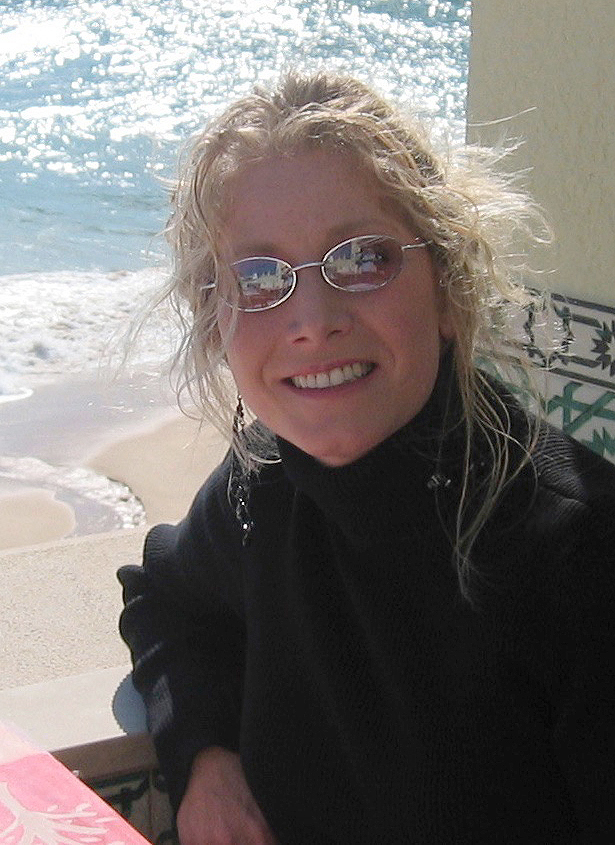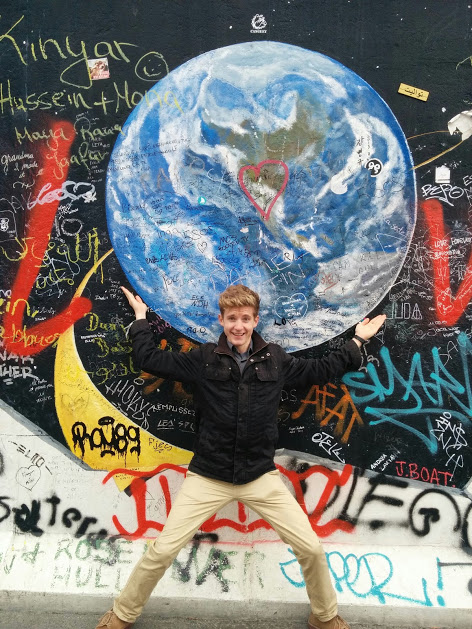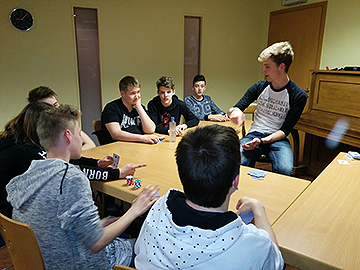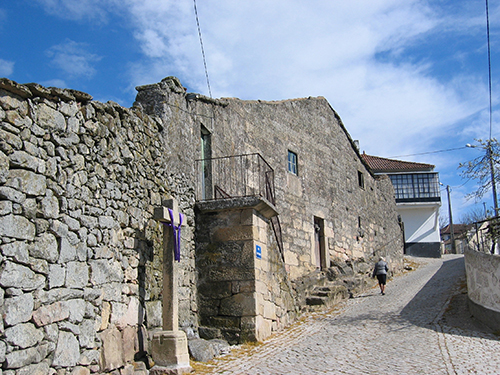Cross-cultural connections
Immersed in foreign cultures, Fulbright scholars gain new world views
By Laurie B. Davis
University of Toledo alumni Elizabeth Sexton (A/S ’96, ’05) and Neil Hetrick (Ed ’15) each earned a prestigious Fulbright award and fulfilled their study abroad in Europe. They both value learning a foreign language and interacting with native speakers as well as absorbing their cultures. And both have done research in their respective destination countries. But that is where the similarities end for these two Fulbright scholars.The Fulbright Award gets its name from the former U.S. Senator J. William Fulbright, who introduced a bill in 1945 to promote goodwill between the United States and other countries. Each year, 3,500 student scholarships in research, study and teaching are granted, and recipients travel to 140 countries. Since 1991, 11 UT students have garnered Fulbright awards. Sexton received her fellowship in 2003, and Hetrick received his in 2015. This year, Kristen Murray, who graduated May 5, will travel to Mexico on a teaching assistant Fulbright.
Jumping right into the culture
For his Fulbright, Hetrick was bound for Germany, a country he had been to twice before; once while in high school in a Rotary Club exchange program and again for a semester through the Universities Studies Abroad Consortium. These experiences gave him a strong foundation for his Fulbright work, teaching in two vocational schools in Leipzig. “A typical work week for me involved 20 hours in the classroom, and my responsibilities differed depending on the students with whom I was working,” says Hetrick.Most Fulbright scholars who study or teach abroad also immerse themselves in the communities where they temporarily live. “I quickly learned that the best way to feel at home is by getting involved. Therefore, every time I come to Germany for an extended period of time, I am sure to join sports clubs, community organizations and volunteer groups or work at local summer camps.” He also fosters the connections he makes into lasting relationships. “I hope to create a German-American short-term exchange partnership between my new school (Baylor School in Tennessee) and the school I used to work at in Leipzig,” says Hetrick
The American perspective
Hetrick also lectured on American culture, talking on such topics as health care, guns, and popular TV and film. “Due to the fact that I was abroad during the 2016 presidential election, I also was asked to give a lecture on the American political system to both schools.” His experiences living in Germany had taught him: If you’re going to discuss current events with a German, be sure to have something relevant to add to the discussion. “I realized that while in Germany, I would be expected to convey the “American” perspective. I am also sure to continuously inform Germans that I am not the voice of America, and that I don’t always agree with what steps American politicians have taken in the international arena.”
Currently, Hetrick lives in Leysin, Switzerland, where he works in an American school. He completed his master’s degree in teaching English to speakers of other languages and international education management at the Middlebury Institute of International Studies at Monterey. He will begin a new position in August at Baylor School, a private, coeducational prep school in Tennessee. “I hope that in helping future generations improve their abilities in the target language, they are also able to gain a new perspective on the world, just like I did after landing in Germany that first time.”Medical Detour
In 1996, with a master’s degree in English from UT, Elizabeth Sexton was determined to take the next academic step and get a PhD. It would focus on Early Modern European History. She began working toward her degree, but on Feb. 25, 1998, Sexton was hospitalized for a cerebral hemorrhage. “The timeline for getting my PhD in a timely manner was off,” says Sexton, who had brain surgery, followed by numerous angiograms and other tests the next year.
Because she suffered memory loss, Sexton had doubts about getting her PhD. “I could read a book, but I couldn’t remember anything that I had read, so the healing process took a while.” Once she successfully recovered, Sexton began thinking about how to fund her PhD research. “You’re supposed to study abroad; I’m not sure how many people do that or are capable of doing that, but I wanted to so I applied for the Fulbright, and I got it,” says Sexton, a Toledo resident.
A Most Curious Case
Sexton’s Fulbright fellowship provided a path to Portugal, where she would dig into the national archives for documents that would aid her in writing on her dissertation topic: “Anglo-Portuguese Imperial Competition in West India, 1640-1700.” She traveled to the village of Evora to begin her search through history. “I found in the middle of one of the folios, a trial on a girl called Catarina Fernandes. She was charged with witchcraft.” Out of curiosity, Sexton read the misfiled summary of the girl’s trial, then put the documents away.
The next day, she decided to discipline herself and stick with her original topic, but like breadcrumbs left for her on an unknown path, more documents on the girl-witch kept popping up. “In a completely different file on Anglo-Portuguese relations, her trial came up again. It was a file of all the trial documents. So, every time I’d put it away, I’d get up the next day and try to do the work I proposed, but I would find more pieces of her trial.”
Sexton’s curiosity led her to search for any scholars who had written or researched witch trials in Portugal. “I was just so fascinated that I couldn’t stop,” says Sexton. She found José Pedro Paiva in Coimbra, Portugal. Paiva sent her to Francisco Bettencourt, who was in Paris. The two Portuguese historians had been fellow scholars while working on their PhDs. “They were very helpful and gave me notes and advice on how to track down this girl and her trial and make sense of it. And that became my dissertation topic. I used Catarina’s trial as a case study and how she related to other witch trials that took place in Portugal.”
Post-Fulbright
Once Sexton completed her PhD in 2005, she received three subsequent grants from Portuguese institutions, which supported her postdoctoral research on witchcraft trials in Portugal. During her years at UT, she taught as an instructor in the departments of English and history, and for the Women’s Studies and Toledo Excel programs. She also had a teaching post at Northern Ohio University as a visiting assistant professor from 2008 to 2009.“I always encouraged my students, when I was teaching, to apply for study abroad. It’s something that you’re not going to experience on the internet. All the people that you’re going to meet, all the amazing experiences you’ll have by living in a culture that’s different from your own.” The Fulbright opportunity had given all of this to Sexton.
Besides meeting Paiva and Bettencourt, she met Alipio Aphonse, who had pointed her to more clues about Fernandes’ arrest and trial. “This man was just so helpful and told me everything I wanted to know. I received that kind of acceptance from pretty much everyone I talked to,” she says. “Doors weren’t closed, they were open in ways that I could never have imagined.” Aphonse also wrote a journal article about Sexton, the American woman traveling around Portugal “on her own witch hunt.” Today, the two remain friends via the internet.
There is, perhaps, one additional similarity that Hetrick and Sexton share, and that is how professional staff and faculty members at UT advised and guided them in the lengthy process of applying for a Fulbright, helping to strengthen their applications. The process requires a certain kind of dedication and patience and in the end, all of the effort was worth it.
For more information about competitive scholarship and fellowship awards, please visit the Center for International Studies and Programs’ Competitive Awards web page.










